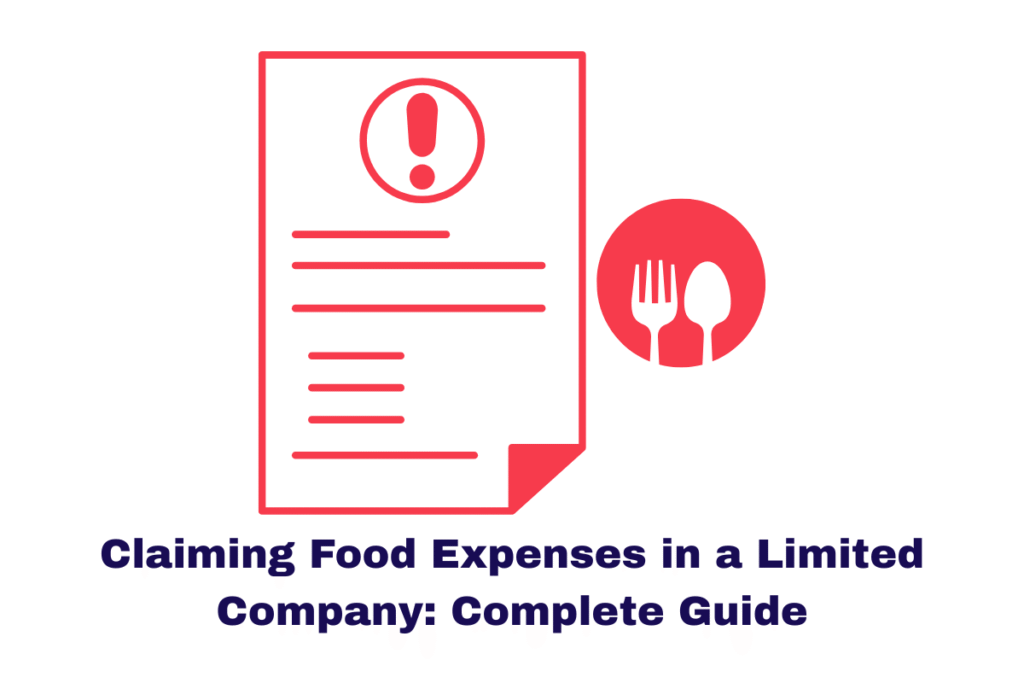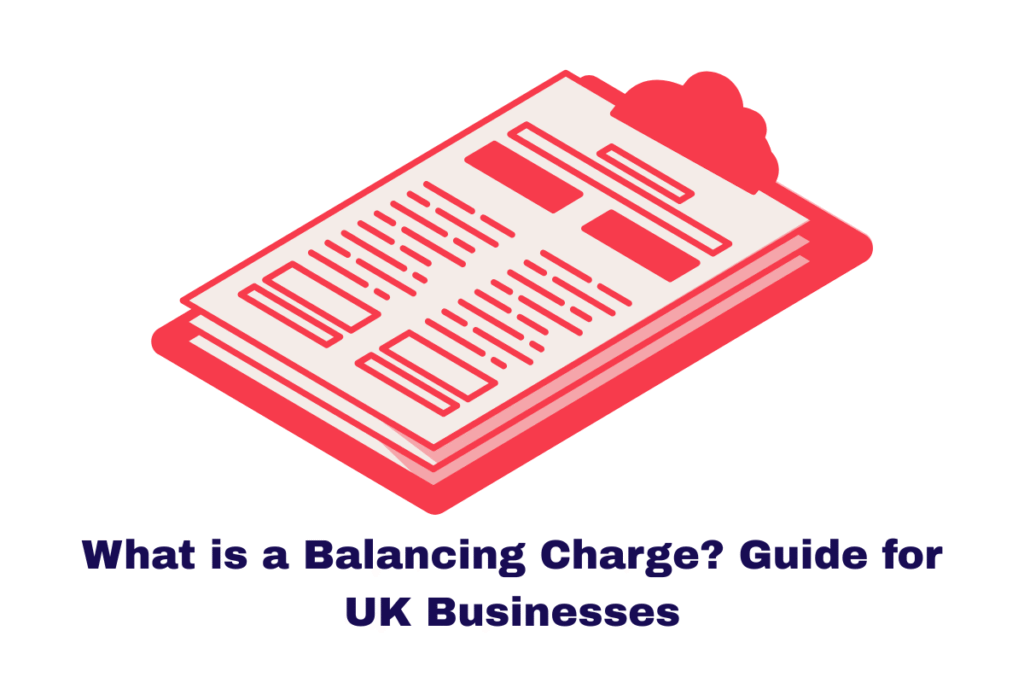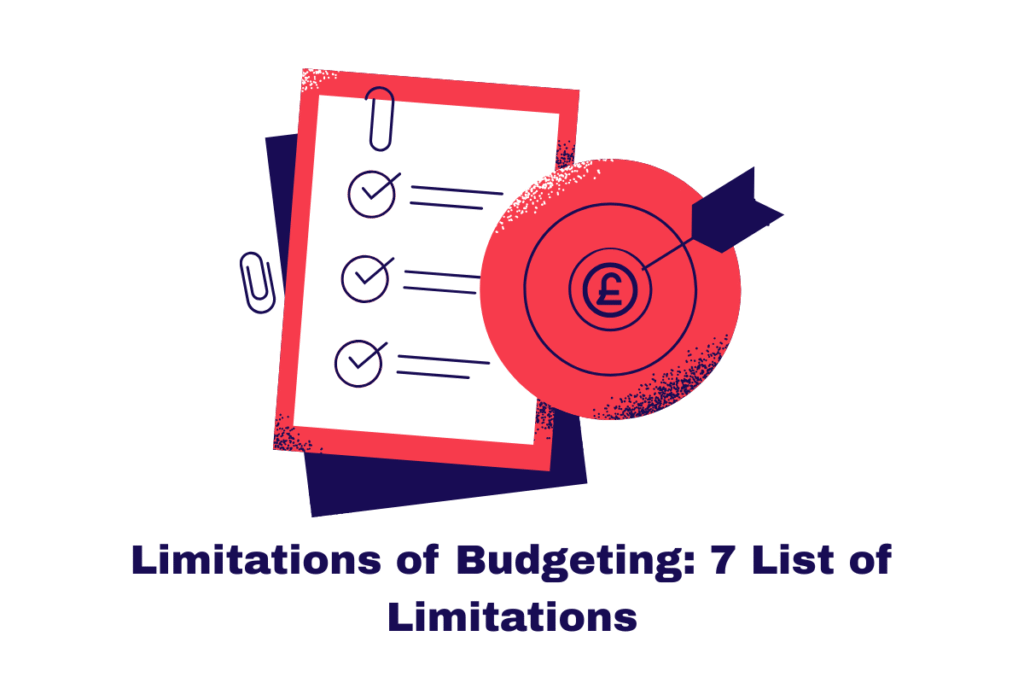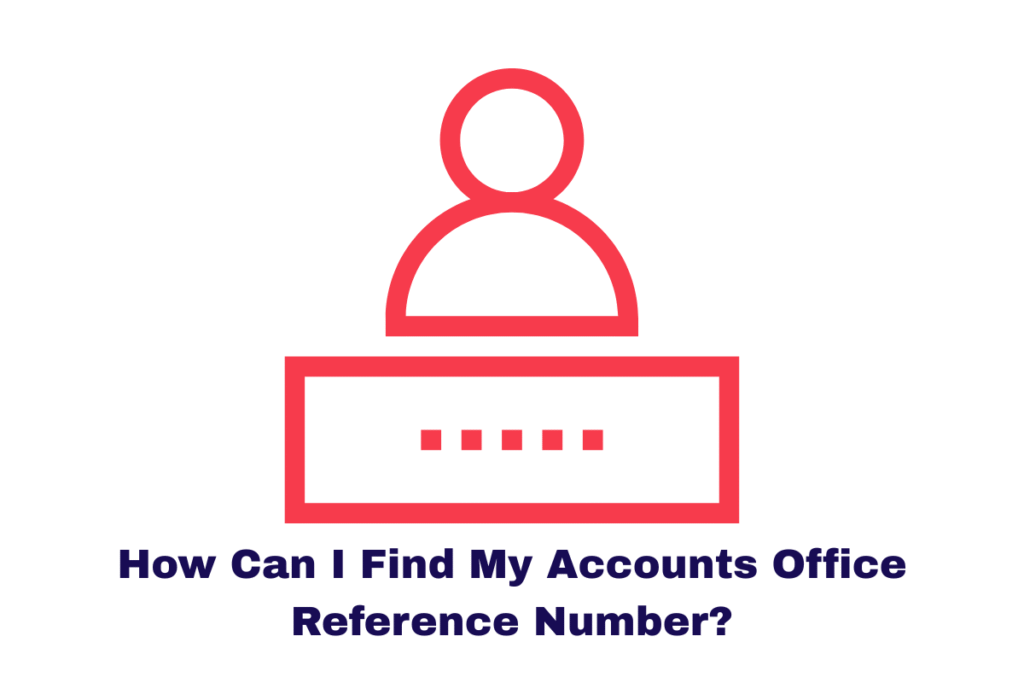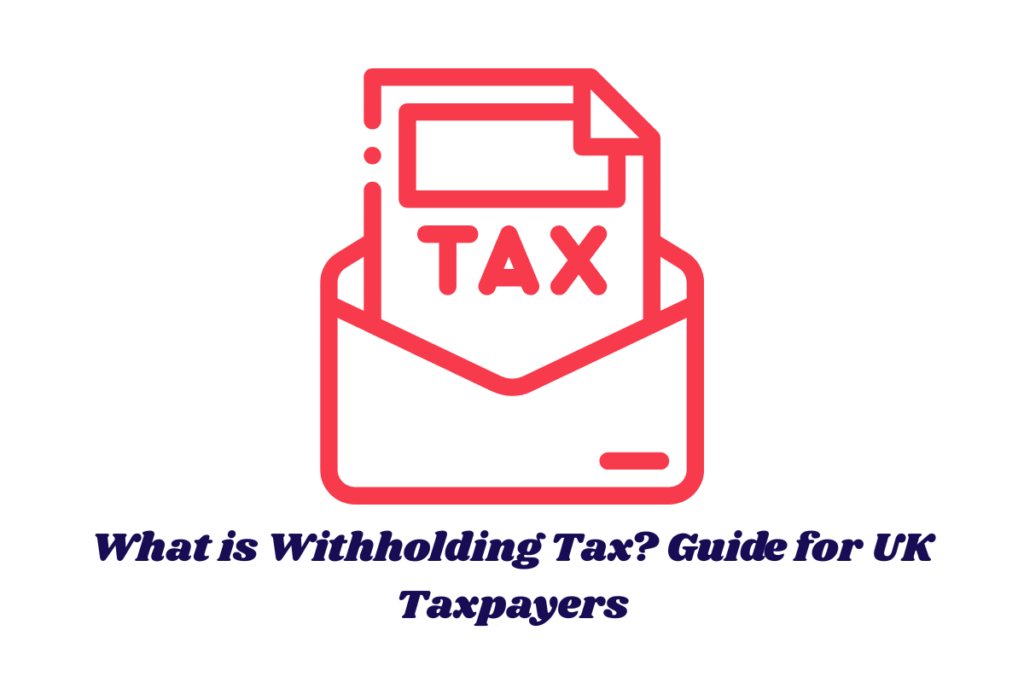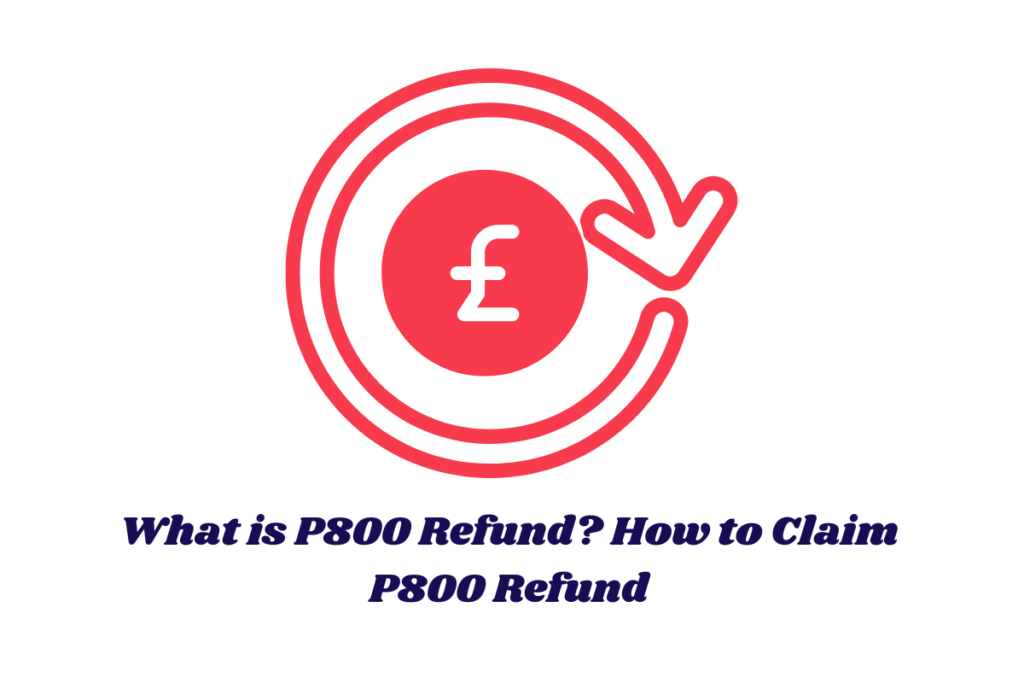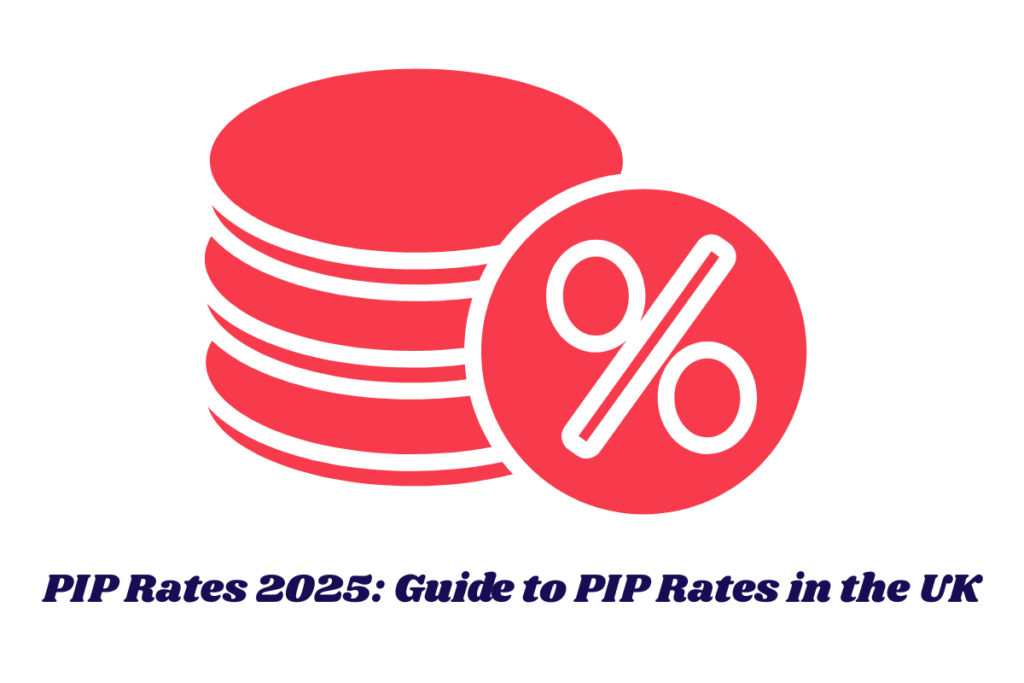As a director or employee of a limited company, you might find yourself asking—“Can I claim my food expenses through the company?” The answer is: yes, but with conditions. HMRC has strict guidelines about what qualifies as an claiming food expenses in a limited company for food or drink expense. If not followed properly, your claim might not be accepted.
In this guide, I’ll walk you through everything I’ve learned as a tax advisor and accountant in the UK about claiming food expenses in a limited company. We’ll break down what qualifies, what doesn’t, how to report it correctly, and why accurate recordkeeping is key.
What Are Food and Drink Expenses in a Limited Company?
When we talk about food and drink expenses, HMRC often categorises them under subsistence costs—meaning meals you purchase while performing your business duties away from your normal place of work.
Examples include:
- Meals bought while attending a conference
- Lunch during a site visit to a client
- Coffee or snacks during business travel
These are different from entertainment expenses, which are generally not allowable.
According to HMRC’s guidance on travel and subsistence expenses, the purpose of the journey and whether it’s part of your regular duties plays a crucial role in determining if the expense is claimable.
You can also read our more guides on Personal Tax:
What is a Sole Proprietorship? Things You Should Know
How Much Will I Pay Tax on My Bonus in the UK?
Claiming Food Expenses in a Limited Company: What HMRC Allows
HMRC does not reimburse your expenses directly. Instead, legitimate food expenses reduce your company’s taxable profit, thus lowering your Corporation Tax bill.
Here’s what counts as legitimate food and drink expenses for a limited company:
- Travel Away from Your Usual Workplace
If I, or my employees, travel to a temporary place of work, food expenses incurred during the journey can be claimed. For instance, grabbing lunch between meetings or during an out-of-town business trip is usually valid. - Overnight Stays
If you’re staying overnight due to business, reasonable expenses for dinner, breakfast, or snacks are allowed. This is commonly accepted by HMRC. - Temporary Workplaces
A workplace is considered temporary if you spend less than 40% of your time there over a 24-month period. If the duration or time exceeds this, it becomes a permanent workplace, and claims may not be valid. - Reasonableness of the Expense
This is crucial. Ordering a modest meal from Pret is different from dining at The Ritz on the company card. HMRC expects costs to be reasonable and proportionate.
What Food and Drink Expenses Are NOT Allowed?
It’s equally important to understand what doesn’t qualify when claiming food expenses in a limited company. Based on my experience and HMRC’s published resources, here are the no-go areas:
- Commuting Meals: Regular travel between home and a permanent workplace is not a business journey.
- Lavish Meals: Anything seen as luxury or excessive (e.g., a £100 steak dinner) is unlikely to be approved.
- Client Entertainment: Taking a client out for lunch counts as business entertainment, which is not tax-deductible.
- Routine Meals at the Office: Buying lunch daily from the sandwich shop near your office doesn’t count.
Refer to HMRC’s Business Income Manual – BIM45000 for a deeper dive into what constitutes allowable expenses.
How to Report Food Expenses in a Limited Company
As a limited company director, here’s how I ensure everything is properly handled:
1. Expense Claims and Receipts
Always keep detailed receipts. If HMRC investigates, they’ll want proof. I store digital copies too, just in case.
2. Company Pays Directly
If the company pays directly for meals, no further action is needed—just record it in the bookkeeping system.
3. Employee Claims
If employees incur food expenses while travelling, they can be reimbursed. If these are not processed via payroll, you’ll need to report them using a P11D form and possibly pay Class 1A National Insurance Contributions.
More info can be found in HMRC’s Expenses and Benefits Guide.
Can Meal Vouchers Be Claimed?
Yes, but with rules.
If your limited company provides meal vouchers, these may be considered a benefit-in-kind and must be reported on the P11D form. If you’re processing all employee benefits through your payroll, the P11D isn’t required. However, NICs may still apply.
Best Practices for Claiming Food Expenses in a Limited Company
Over the years, I’ve developed a checklist that helps me and my clients stay compliant:
- ✅ Only claim for food consumed during qualifying business travel.
- ✅ Keep every receipt and label them clearly (date, location, reason).
- ✅ Don’t confuse subsistence with entertainment.
- ✅ Avoid claiming for meals during normal commutes.
- ✅ Stay within reasonable limits.
If in doubt, I always refer to HMRC’s guidelines or consult another qualified accountant.
Final Thoughts
Claiming food expenses in a limited company isn’t as simple as handing over a receipt from Nando’s. But with the right knowledge and careful documentation, you can legitimately reduce your corporation tax bill.
The key takeaway? HMRC focuses on the purpose, location, and regularity of the expense. If it was wholly, exclusively, and necessarily for business—and not entertainment—you’re generally in the clear.
Need help calculating how these expenses might affect your tax position? Try our suite of tools:
Feel free to reach out if you need help with your limited company accounts, tax planning, or understanding your allowable expenses.
The content provided on TaxCalculatorsUK, including our blog and articles, is for general informational purposes only and does not constitute financial, accounting, or legal advice.
You can also visit HMRC’s official website for more in-depth information about the topic.
